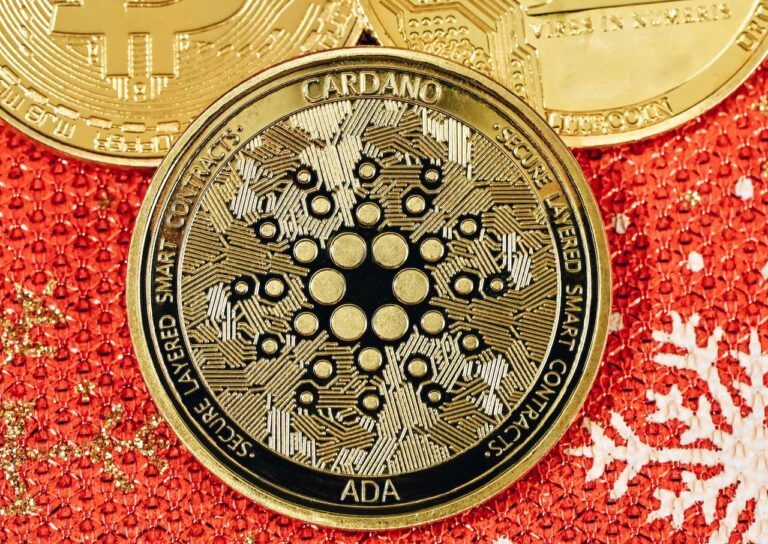The Cardano ($ADA) network has this week reached a new milestone when it comes to native tokens issued on top of it, at a time in which the total value locked on its decentralized finance (DeFi) applications keeps on growing.
According to Morgan Schofield, Head of Ecosystem Growth at Cardano, the network has now issued more than 4 million native tokens on top of it across nearly 50,000 minting policies. In effect, over 4 million non-fungible tokens and non-Ada tokens are now circulating on Cardano.
The milestone comes amid a wide cryptocurrency market recovery that saw Cardano briefly lead major altcoins in terms of price performance. Cardano’s performance may be related to its booming decentralized finance ecosystem, which has recently topped the $300 million mark — $400 million if we count staking – when it comes to total value locked.
As CryptoGlobe reported Minswap, an “automated market-maker (AMM) decentralized exchange (DEX) on Cardano which supports multiple pricing functions for a single liquidity pool” has recently become its top DeFi project, followed by SundaeSwap, a decentralized exchange backed by cFund, Alameda Research, and Double Peak Group.
A widely-followed Cardano whale has recently suggested that the total value locked on the cryptocurrency’s network “is going into the billions soon” as more projects are launched on top of it, with alternatives to decentralized money markets such as Compound and Aave being “lined up.”
Cardano founder Charles Hoskinson has celebrated the network’s new milestone on social media, pointing to the hundreds of decentralized applications behind these native assets as well.
Earlier this week, Nasdaq-listed cryptocurrency exchange Coinbase (NASDAQ: COIN) added Cardano to its staking offering, allowing users to earn a yield on their ADA holdings on the exchange by participating in the network’s Proof-of-Stake mechanism.
According to an announcement published by Coinbase’s Senior Product Manager Rupmalini Sahu, the rollout is part of Coinbase’s plans to scale its staking portfolio throughout the year. In the announcement, Sahu noted Cardano “aims to enable smart contracts to allow developers to build a wide range of decentralized finance (DeFi) apps, new crypto tokens, games, and more.”
Coinbase’s move came as the transaction volume seen on the Cardano network explodes and the total value locked on its decentralized finance (DeFi) applications keeps on growing.
DISCLAIMER
The views and opinions expressed by the author, or any people mentioned in this article, are for informational purposes only, and they do not constitute financial, investment, or other advice. Investing in or trading cryptoassets comes with a risk of financial loss.
IMAGE CREDIT
Featured image via Unsplash









